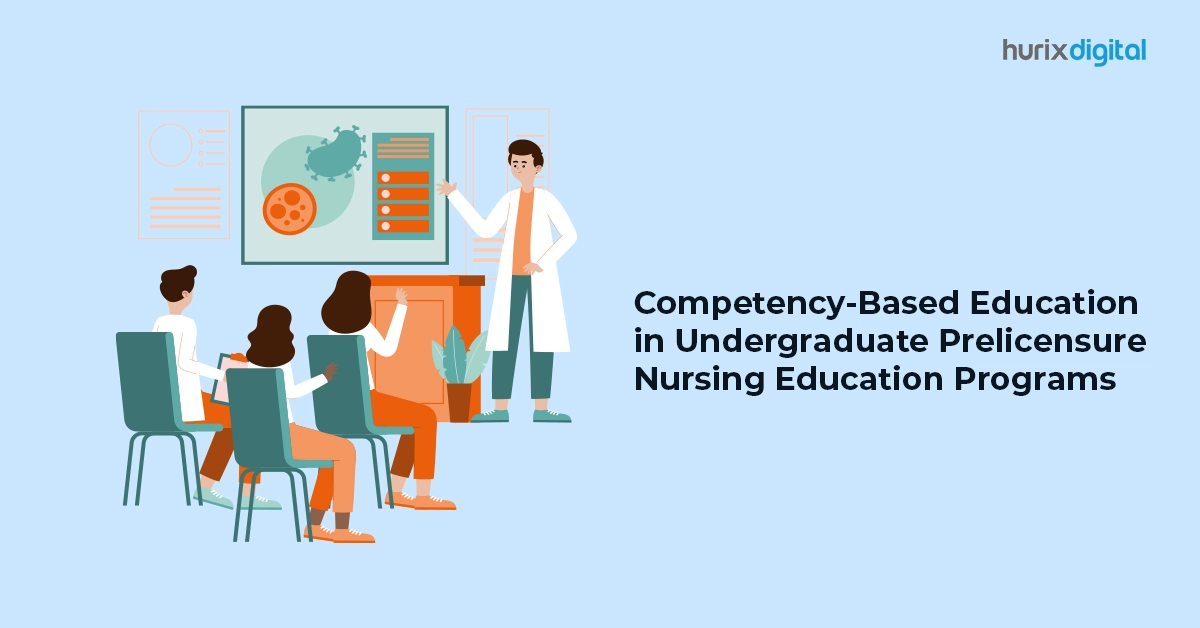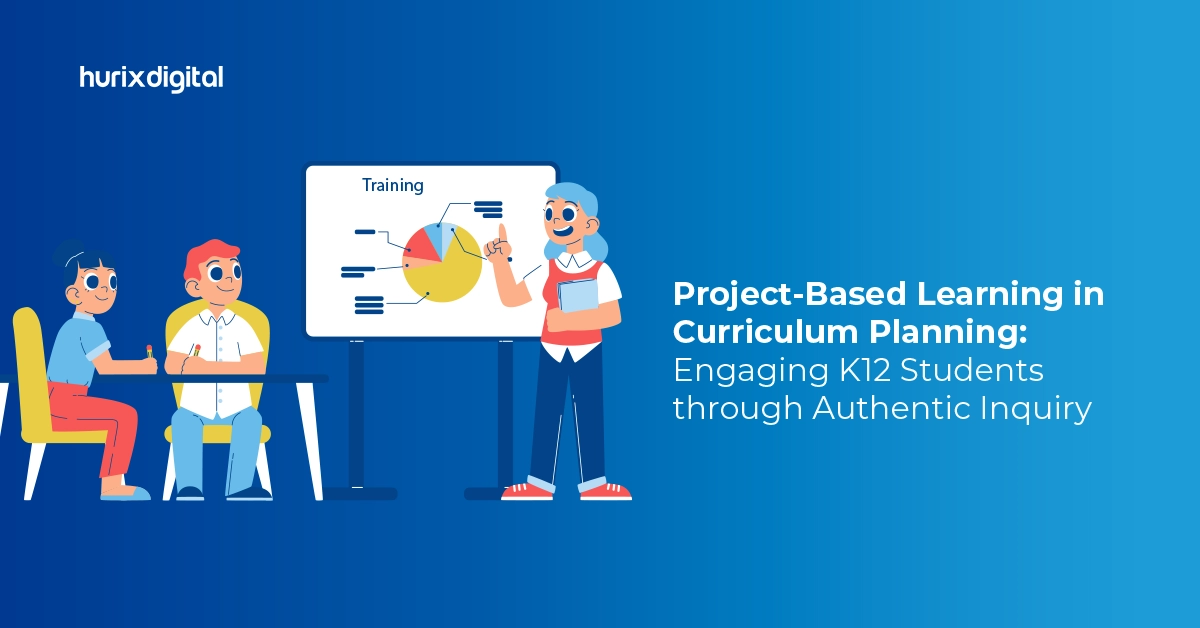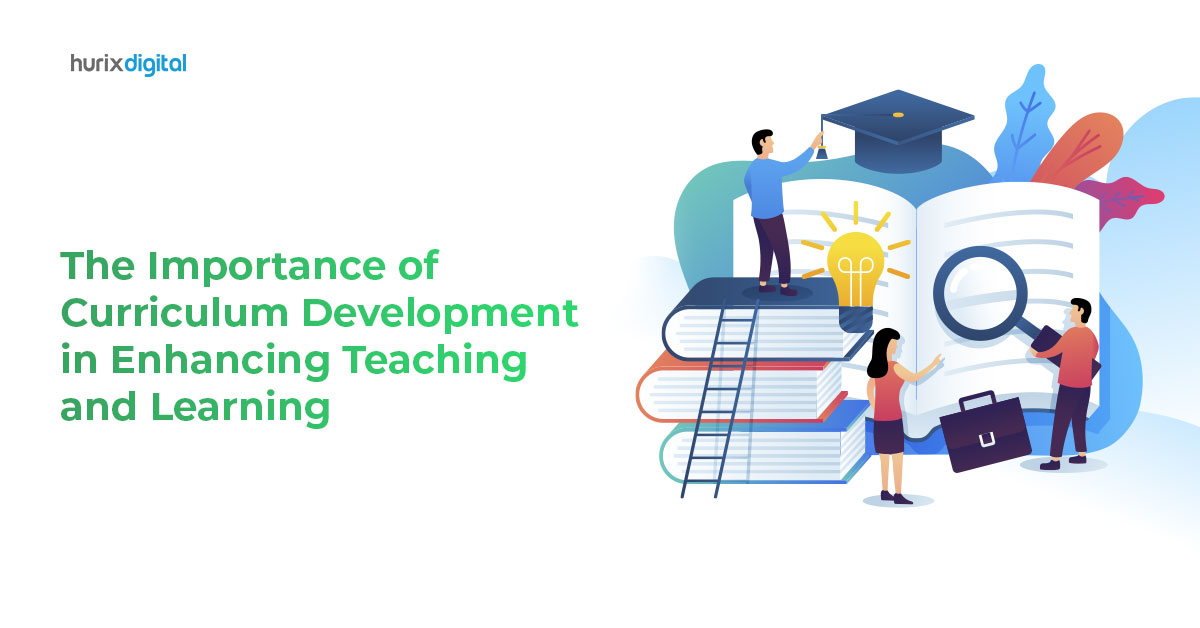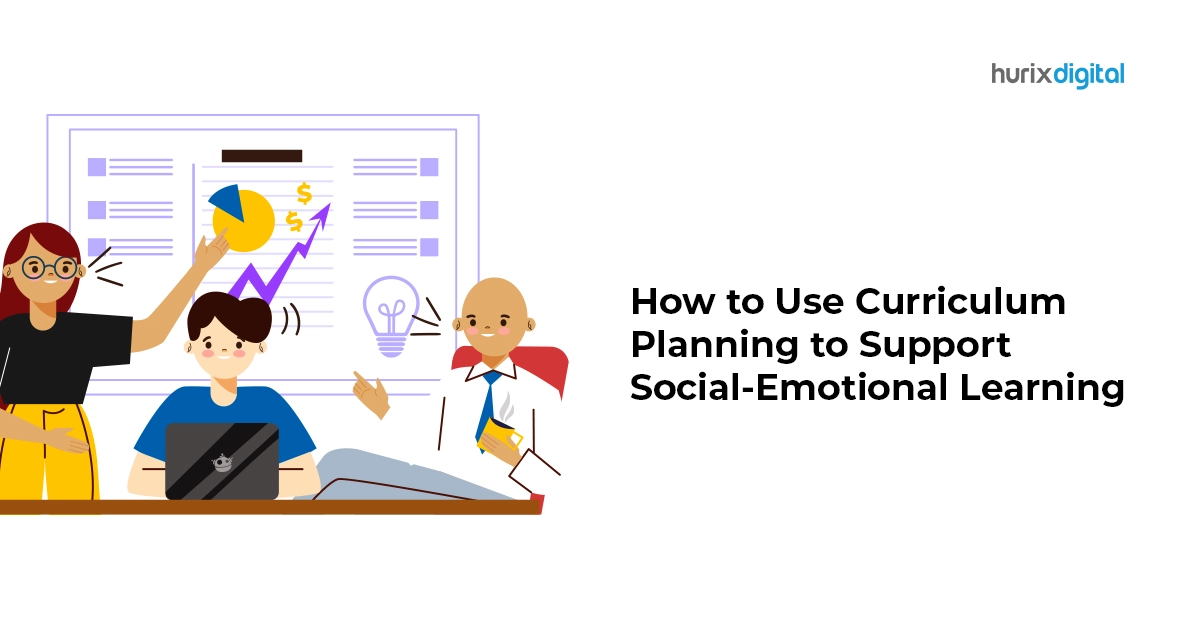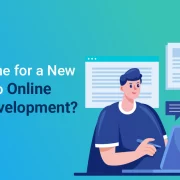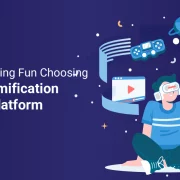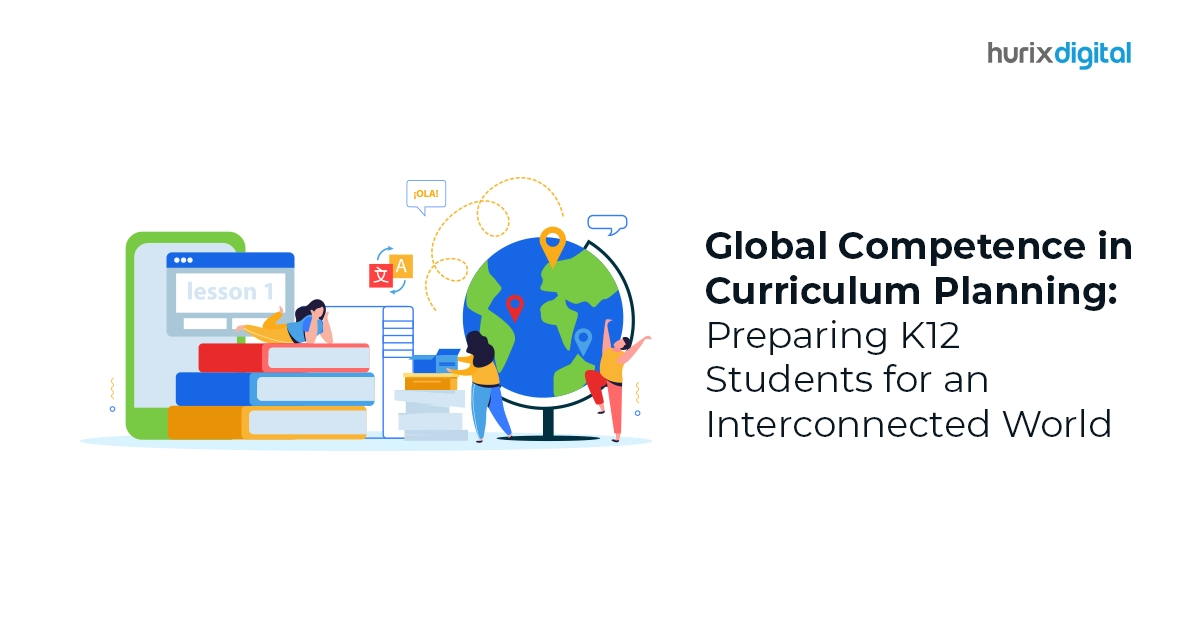
Global Competence in Curriculum Planning: Preparing K12 Students for an Interconnected World
Summary
Explore the importance of global competence in K12 curriculum planning. This blog highlights strategies for preparing students for a connected and diverse world.
The world is evolving at a faster pace than imagined. People are now embracing changes at a breakneck pace, and hence, the expectations are similar for K12 students.
Students need to be adaptable to ensure they don’t miss out on anything. However, schools need to ensure global competence when planning the curriculum for K12 students.
In this article, we will try to understand the importance of global curriculum planning for K12 students and how to prepare them for a hyper-globalized world that lies ahead of them.
Table of Contents:
Understanding Global Competence
Before you start bringing global competence into the K12 curriculum, it is very important to understand what global competence is. It aims at educating students and making them aware of the things that are going on around them. This could include anything ranging from different cultures to social systems.
The idea behind global competence is to impart knowledge and skills to the students that will help them excel in the 21st century. To incorporate global competence, the curriculum planning must be done in such a way that the students are equipped enough to investigate the world. They should also have it in them to weigh perspectives and communicate their ideas without any hesitation.
Globally competent students are eager to ask questions that can be bucketed under researchable questions. There might not be just one answer to their question, but it makes you consider options that are globally significant. These students know the questions they should ask, and they also try to collect pieces of information to answer their questions.
Also Read: The Key Principles of Effective Curriculum Development
How to Prepare Students for an Interconnected World
Preparing a K12 curriculum that equips students to thrive in an interconnected world is not a cakewalk. You will have to take different steps to ensure they are ready to go out there and spread their wings.
Here are a few things that you can do to prepare the students for an interconnected world.
1. Build a Global Mindset
While building a global mindset might sound generic and easy, it has different layers to it. When students are restricted to a particular geography, helping them gain perspective about the rest of the world is not easy. Therefore, it is important to expose the students to different learning experiences that will help them in pushing their boundaries.
Curriculum planning can incorporate several global themes to help build a global mindset. You can try to add themes like social justice and human rights to make the students aware of global issues that might impact them directly or indirectly.
Also, you must actively use digital tools, enabling them to connect with subject matter experts who can broaden their horizons.
Another way to open their minds and bring in a fresh perspective is to ask them to learn a new language. Schools today have the resources to provide opportunities for students to travel abroad and witness different cultures and realities first-hand.
2. Bring in Intercultural Awareness
We live in a world where people come from different backgrounds and speak different languages. Hence, the education system needs to impart intercultural awareness among the students.
The K12 curriculum should equip students to recognize and respect different cultures and communicate clearly and effectively with people from diverse backgrounds. They should also be taught concepts of equity and diversity to ensure they communicate effectively.
You can impart these values by celebrating different cultures through an array of activities. Schools today must focus on educating students about the uniqueness of different cultures so that they start respecting people for who they are.
Also, the new curriculum should address stereotypes and biases that are prevalent in young minds to ensure they understand better and respect diverse cultures and backgrounds.
3. Sense of Global Citizenship
It is very important to make the students understand that countries are just geographical boundaries. It is their responsibility to become better and more empathetic humans before they start prioritizing their country.
Here’s where global citizenship comes into the picture. It invites students to speak up, take charge, and make a positive impact. To foster the idea of global citizenship, it is important to assign them projects involving real-world problems. You must empower them to use their creative judgment and logical arguments to devise innovative and practical solutions.
Schools can network with multiple organizations that are working to bring positive change to the world. These organizations can offer a platform for students to share their views and collaborate with them to achieve the desired outcome.
Schools must come up with a program where they encourage students to become global citizens and celebrate the impact that they create.
4. Making Them Adaptable
With the recent pandemic, global citizens have learned the hard way to adapt to a situation. Therefore, if you aim to bring global competence into the education system of today, it is important to teach your students to become adaptable. You must teach them how to be ready to face any kind of challenge that knocks them off.
There are different ways of doing so. You can provide them with access to resources that will help them become adaptable. Students should have access to emotional self-management and other resources that help them build self-confidence.
Students are like clay, ready to be molded into different shapes and forms. As educators, it is our primary responsibility to help them with everything that will help them take their shape.
Check out EXCLUSIVE: Hurix Minibook: The Paradigm Shift in Higher Education with Curriculum Development
Wrapping Up!
Including global competence in curriculum planning might seem challenging at first because we tend to have a myopic view of things.
However, it is important to understand how globally competent students can contribute to a growing economy. Globally competent students are much more competent, and they know how to tackle the challenges thrown at them.
At Hurix Digital, we provide education solutions that will help schools with providing immersive learning experiences to their students. We have expertise in curriculum design, which can help you bring engaging content to your students and change how education is perceived.
Our courseware development team focuses on crafting lasting learning experiences, making them suitable for K12 students.
Get in touch with us to know more.

Senior Vice President – Business Development
Over 25 years of experience in the edtech and workforce learning industry with strong skills in Business Development, Customer Relationship Management (CRM) and Strategy.
